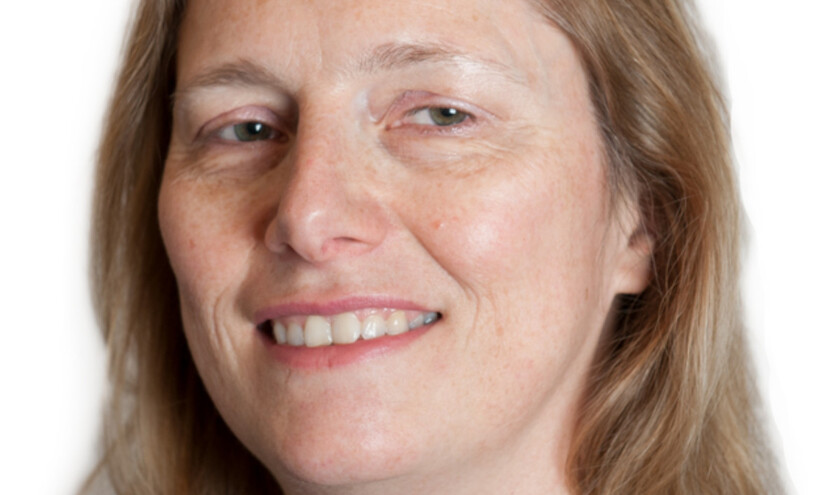Secure data environments (SDEs), introduced in 2022, are now the preferred method for accessing health and social care data for research and development. These platforms allow approved users to access de-identified patient-level data, supporting over 600 research studies to date.
SDEs stem from the Goldacre Review's recommendation to move from data dissemination and instead bring researchers to the data. As the NHS moves forward with the three strategic shifts outlined in the 10-Year Health Plan, SDEs must evolve to realise the research ambitions essential to a data-driven, patient-focused future.
My involvement with SDEs has changed the way I think about NHS data. Beyond enabling better planning and commissioning, we are using real-world de-identified clinical data to support insights and innovation. In Kent, Medway and Sussex, the two ICBs already had system-wide data strategies and were ambitious about enabling research to flourish with the right infrastructure, knowledge and expertise. By linking de-identified datasets – including primary care, secondary care and genomics – we now have a rich picture on which to build a research ecosystem. The data is largely research-ready and available for a range of applications, from providing safe access for clinical trials to using AI to improve early diagnosis to increasing our understanding and adoption of innovation.
The national data for research and development programme recognised the challenges researchers faced in accessing data across multiple organisations. While much of the SDEs' current research pipeline is local, a key strength is its ambition to consolidate data and simplify access across organisational and system boundaries.
Currently, 11 regional SDEs operate across England, each developing at its own pace. While core processes and infrastructure are defined by the national programme, local SDEs work closely with their data providers to develop their own datasets. For research projects to work across regions and nationally, alignment and standardisation across the SDE network is a priority.
By surfacing data and linking it with other SDEs in the network, we are offering a more valuable resource to users and delivering even greater research capabilities. For example, we're collaborating with Wessex, Thames Valley and Surrey, and Great Western SDEs to provide de-identified diabetes and dementia datasets spanning the whole population.
In Kent, Medway and Sussex, the SDE design has been shaped by our research advisory group and close work with the NIHR Applied Research Collaborative. We want to support the region to develop as a research hub with a growing reputation for healthcare research.
We've hosted dedicated events – attracting over 300 researchers from health and social care, academia and the private sector – to encourage access to and use of data. This access will help uncover new approaches, develop new insights into patient care and ultimately improve outcomes. Nationwide, similar initiatives are encouraging researchers to access de-identified linked health and care data for a wide range of projects covering conditions including cancer, cardiovascular disease, mental health and musculoskeletal disorders.
Nurturing these relationships is essential to building a commercial pipeline that will enable SDEs to become self-sustaining and ensure their long-term contribution to research and development.
By ensuring data remains within a safe environment and access is strictly controlled, SDEs have helped to address privacy and public trust concerns. The BCG Healthcare Data Survey 2023 found 86% of the public are more comfortable with data access via SDEs than traditional data sharing models.
The approach supports meaningful patient and public involvement in governance, as well as ensuring data use aligns with societal values and expectations. With strong public and patient engagement, including our Public and Patient Advisory Group, Sussex ICB and Kent and Medway ICB have produced social licences to support use of data in research where there is a clear public benefit.
As research evolves, so will data needs. As a programme, we'll continue working with the research community to provide new de-identified datasets to help meet this need. One area with huge potential is unstructured data. If we can integrate access to de-identified images and clinical notes, then apply AI, the resulting insights could be transformative. The SDE network must act as a pathfinder in unlocking this data within the structure of the Five Safes Framework: safe data, safe projects, safe people, safe settings and safe outputs.
By collaborating with the public, researchers and wider network SDEs can unlock the potential of health and care data, accelerating research and innovations that transform patient lives.



